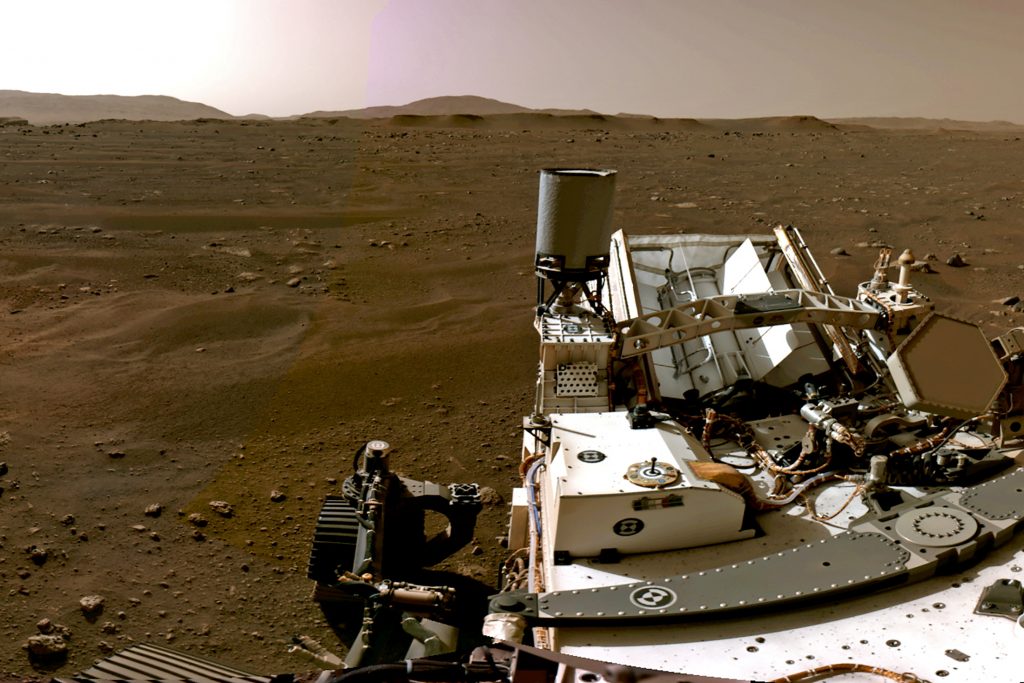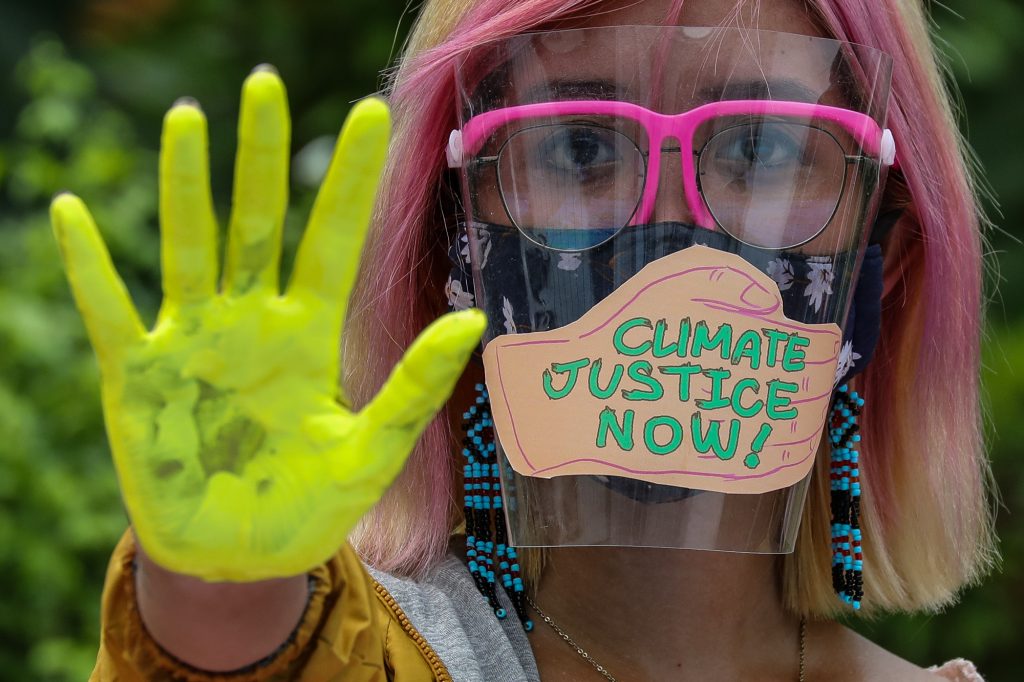
In recent days, the world rejoiced because of the successful landing of the rover Perseverance on the red planet. It was another milestone that can opportunities for the future.
Media reports noted that the National Aeronautics and Space Administration or NASA spent about US$2.4 billion to build and launch the Perseverance mission. Another US$300 million was spent on the costs for landing and operating the rover on the surface of Mars.
I’m one with everyone who is overjoyed by the successful mission. I admire the ability of the people involved and the efforts and intellectual process spent to make it happen.
Something, however, troubles me.
How could humanity afford to spend billions of dollars to search for life on another planet while billions or even trillions of money are spent to destroy our own planet?
At the start of the Lenten season, the Global Catholic Climate Movement along with other faith-based organizations proposed an ecology-friendly observation of Lent.
They suggested that the next five weeks should be devoted to simple acts that can help curb climate change.
Catholics are invited to fast from buying non-essential things, from meat consumption, from the use of electricity and water, from using plastic, and from “indifference.”
We know that there are still many of us, even those in the Church, who don’t care about environmental issues, but there are also many groups and individuals who persist on protecting the Common Home.
This week, the “Parliament of the World’s Religions” discussed the role of faith communities in the upcoming United Nation’s Climate Change Conference 2021, also known as COP 26, in an international symposium.
It is interesting to witness the merging of various religious and faith-based groups for a common objective, that is, to take an immediate response to the climate emergency.
As a Catholic, caring for the environment means caring for God’s creation — our surroundings, the air, the water, and other living organisms.
The integrity of God’s creation appears as one of the key themes in the Catholic Church’s social teachings, a principle that stresses our being stewards of the environment, not its owners.

Catholic Catechism teaches us that “God willed the diversity of his creatures and their own particular goodness, their interdependence, and their order.”
“He destined all material creatures for the good of the human race. Man, and through him all creation, is destined for the glory of God,” it added.
Ecological warriors were delighted when Pope Francis published his encyclical Laudato si’ with its call to enter into a dialogue “with all people.”
The pontiff insists that the defense of ecology is a matter that needs to be addressed not only by Christians but by everyone who shares “our Common Home.”
In the Philippines, the country’s Catholic bishops have released a “Pastoral Letter on Ecology” that proposes 13 concrete ecological actions in response to climate emergency.
It is important to note that it cited an earlier pastoral statement on Ecology in 1988 that asked everyone what has happened to our world brought about by ecological indifference.
“Our small farmers tell us that their fields are less productive and are becoming sterile. Our fishermen are finding it increasingly difficult to catch fish,” the 1988 letter noted.
Unfortunately, our political leaders seem to turn a deaf ear to the plight of our indigenous communities who suffer the brunt of our ecological indifference.
The second Plenary Council of the Catholic Church in the Philippines noted that a “comprehensive theology of stewardship” should be developed and it should be a special concern of the social action ministries down to the parish level.
The pandemic has taught us that the we are actually not ready to face the impact of our actions on the environment.
As Christians, we should not play it by ear anymore. The love for the environment should not be just an intimacy with the place we live in. It should be a mission that we must all invest in for our own future.
Adrian Banguis-Tambuyat is a young communication practitioner specializing in online content strategy and broadcast journalism. His interests are focused on social justice, youth formation, communication theology and mass media evangelization.
Source: Licas Philippines
0 Comments